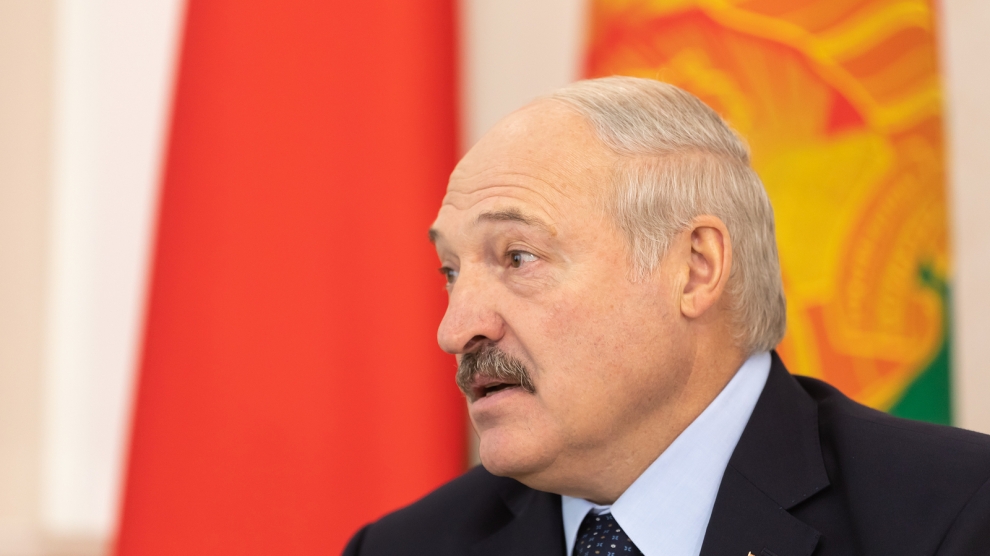A selection of articles about emerging Europe published elsewhere this week, all of which caught our eye and all of which are well worth your time. Listing them here, however, does not necessarily mean that we agree with every word, nor do they necessarily reflect Emerging Europe’s editorial policy.
Russia’s annexation of Crimea and its intervention in Eastern Ukraine demonstrated not only its unpredictability but also its willingness to violate agreements and use force to alter borders and destabilise countries in its neighborhood. These events not only shocked the West; they also shook Russia’s allies to the core, not least Belarus.
—
A decade after the overthrow of the communist regime in Moldova, the former supporters of the revolution feel their country has degraded into a corrupt oligarchy – with even worse politicians than it had before.
—
In the wake of the first meeting between the leaders of Armenia and Azerbaijan to discuss a peace deal for their long-running conflict, a war of words has erupted between the two sides.
—
Georgian migrant workers are flocking to Poland. Jam News meets a few of them.
—
As Ukrainians voted for a new president, Russians keeping track of the election on state TV were bombarded with coverage of Ukraine’s failures as an independent state and reports of alleged electoral fraud.
—
Spellbinding photos of witches at work. Witchcraft is big business in Romania, and photographer Lucia Sekerková has documented its magical rise for seven years.
—
The European Union has warned that a no-deal Brexit could have an impact on the peacekeeping mission in Bosnia and Herzegovina.
—
Lithuania, where gay marriage is illegal, is slowly opening up a political and social space for the LGBT+ community. El Pais takes a look at some of the people who are driving that change.
—
Belarus might not be as well known for its IT as some of its neighbours, but it is pushing its head above the parapet.
—
Ana Leorne visits Tallinn Music Week, and pens a love letter Estonia.

